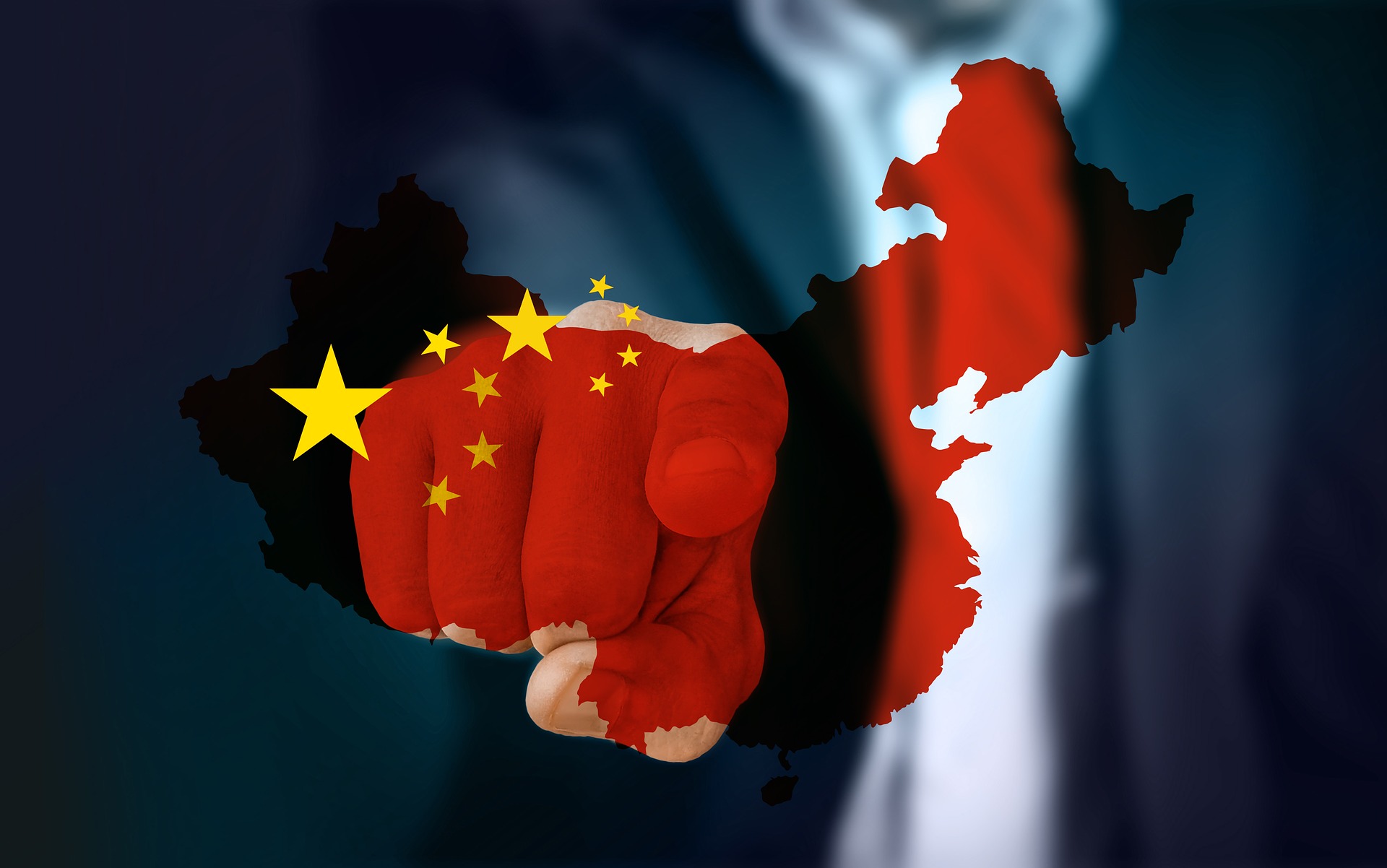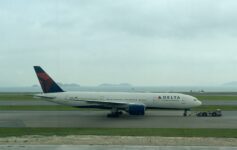The Chinese government is insisting that U.S. airlines stop treating Taiwan, Hong Kong, and Macau as separate nations on their websites and other booking channels. Thus far, U.S. airlines have steadfastly refused. But what will happen when Beijing tightens the screws?
While many carriers around the world have bowed to the “One China” policy of the People’s Republic, U.S. airlines have not. U.S. airlines have some political cover in that China’s insistence on micromanaging labels has drawn broad bipartisan scorn. Some call it “bullying” while others calls it “Orwellian nonsense”.
This has emboldened carriers to demur on the issue, essentially maintaining status quo. For example, a United spokesperson told the Wall Street Journal:
We have deferred the matter to the U.S. government since this is a diplomatic issue to be resolved among governments.
Besides American, United, and Delta, other airlines which refuse to accept Chinese demands include:
- ANA
- JAL
- Asiana
- Korean Air
- Air India
- Vietnam Airlines
Every one of those nations has either territorial disputes with China or a political interest not to fully cooperate.
Airlines in compliance with the Mainland include:
- Air Canada
- Air France
- British Airways
- Emirates
- Lufthansa
- Malaysia Airlines
- Philippine Airlines
- Qantas
- Qatar Airways
- Singapore Airlines
- Thai Airways
- Turkish Airlines
For many, while Taiwan is still referred to separately, it is listed as Taiwan, China.
Deadline Coming
China has imposed a deadline of June 24, 2018 for airlines to reach compliance with this directive. After this date, China has a choice to make: maintain status quo or start actively punishing/blocking companies which refuse to comply.
We already saw with the Marriott issue earlier this year that the People’s Republic is capable of retaliation. Yet China must dance lightly as it seeks to balance its own international status and power with those that see the issue differently. Of all the issues, Taiwan remains the most sensitive. By pushing too hard, China’s goal of tightening control and eventually reunifying the island with the Mainland may face setback.
The WSJ suggests how non-compliant airlines will be punished:
Airlines that don’t comply are liable for punishments including more frequent government inspections and the loss of landing slots at Chinese airports, according to China’s civil aviation authority.
Theoretically, China could ultimately say that airlines must make a choice: kowtow to our geographic wishes or do not do business in China.
CONCLUSION
Using airlines to promote political ends is nothing new, although China’s demands put airlines in a difficult position. The true test for U.S. airlines, Congress, and the White House will be if China actually follows through on its threats.
> Read More: Chinese Cyber Police Block Marriott’s Website for Disrespecting China





I would not have thought myself being able to ever say this, but kudos to the US airlines.
I agree with the US carriers. Beijing’s insistence that Taiwan must be regarded as part of China is risible; it’s great to see a few holdouts in the face of the bullies.
Not surprising that the French capitulated immediately.
Bravo to the US carriers! Taiwan (in particular) is NOT part of the PRC and good for them in continuing to recognize this reality – and for not being bullied by China.
+1
I’m sure the deadline will pass without further reprisals. The US could just as easily start more frequent and more aggressive inspections. This is just China seeing how far they can push things before backing off.
I’m currently studying law in China and this issue is so intense most people refuse to talk about it. It’s also really complicated, but in my opinion, it can’t be worth it to the airlines to not comply if that would mean they’re not allowed to fly to China.
Label it whatever you want… Taiwan; Taiwan, China; Taiwan SAR… but China doesn’t care if the US3 fly here, and it’s not like the airlines actually care about their social perception. Plus Taiwan is small and so are the consequences as compared to China as a whole.